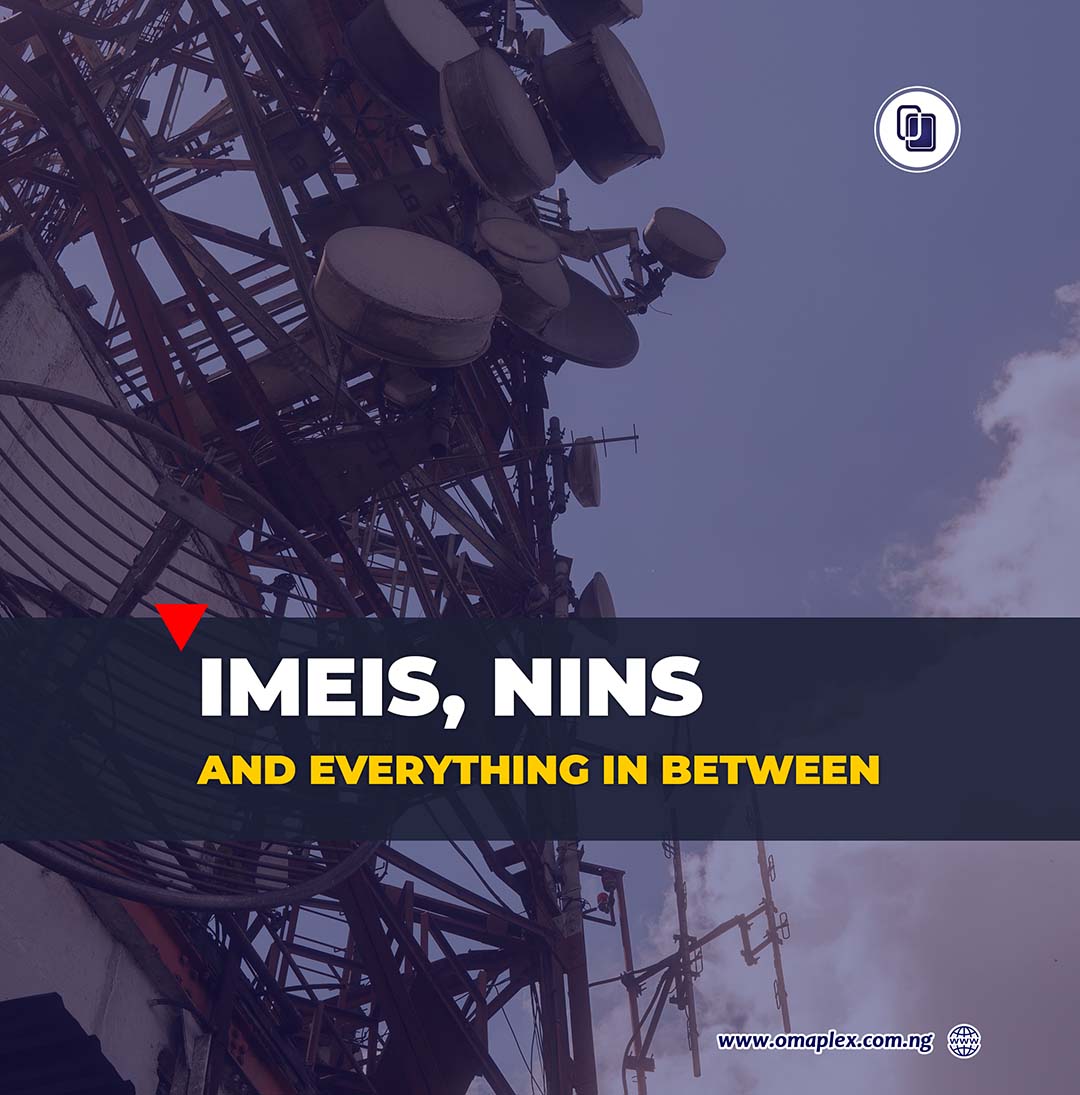The legal system of any country is comprised of both civil and criminal proceedings. For effective court proceedings, various courts are created with a view to ensuring that litigants that appear before them as much as possible feel satisfied with their decisions . How these courts are able to deliver th eir final judgments with a view to determining the rights of the contesting parties is always crucial in any judicial system of a country.
In Nigeria, the courts operate an adversarial system; the judge maintains the balance between the parties to the action and decides the case on the evidence brought by both sides and by applying extant laws. The adversarial system of justice works to resolve cases in court by pitting partial advocates for each side against one another with a judge who works to ensure that the rules of court and law are followed. This system thrives by its use of interested opposing parties debating over an issue in order to ensure the pursuit of justice. This system of justice delivery has been criticized for its value of winning over truth, but another school of thought relies on studies showing how it has led to the development of law in recent times.
This paper examines the operation of the system in general and highlights its advantages and disadvantages and proffer recommendations on how to improve the system generally.









